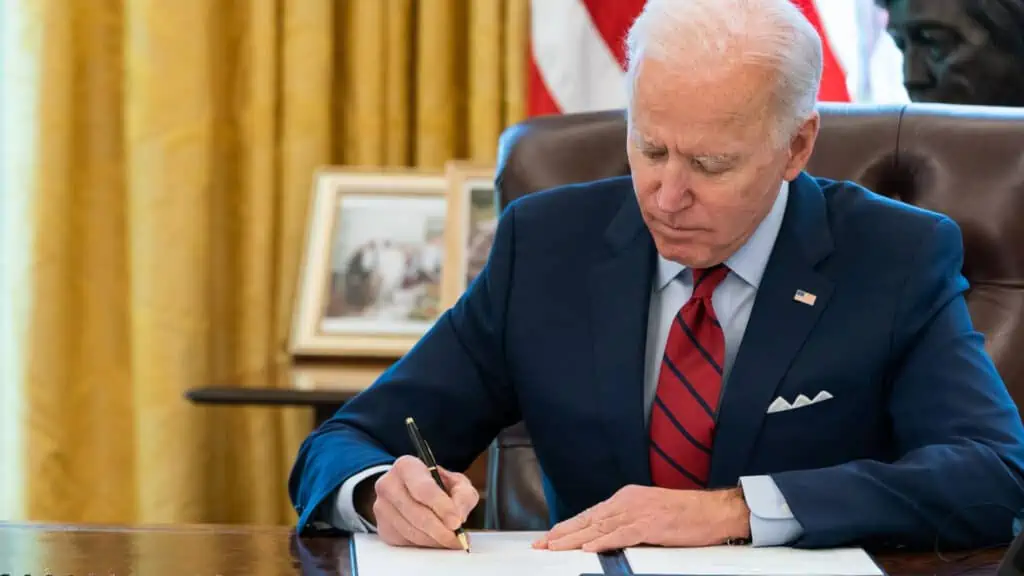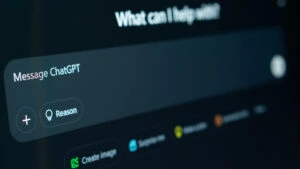In the final days of Joe Biden’s term of office, the US government announces export restrictions for AI. However, Donald Trump would have to implement them – and could set his own priorities.
President Joe Biden’s US government has introduced new restrictions on the export of AI technologies. This concerns both high-performance chips for artificial intelligence and AI models that run the corresponding software. Germany is one of a group of almost 20 allied countries that are exempt from the restrictions.
Over the next 120 days, experts and industry insiders will be able to comment on the planned restrictions. They would then be implemented by the government of Donald Trump, who will be sworn in as the next US president in a week’s time. She assumes that there could still be changes based on the comments, said Secretary of Commerce Gina Raimondo.
The USA is a global leader in the development of AI and corresponding chips – and it should stay that way, Raimondo emphasized. The technologies could be used by opposing countries for nuclear simulations, the development of bio-weapons and to strengthen their military, she warned. At the same time, AI will become ubiquitous in the coming years. With these measures, the government wants to ensure that the USA’s opponents do not get their hands on the technologies – and that its partners can benefit from them at the same time.
In recent years, the US government has already restricted the export of AI chips to China, among other things, and the semiconductor company Nvidia has also felt the effects of this. Chip systems from Nvidia are widely used to teach software based on artificial intelligence.
dpa



